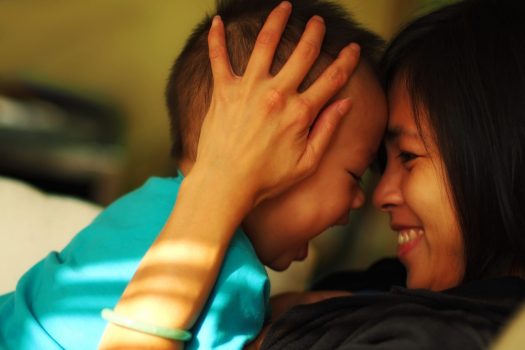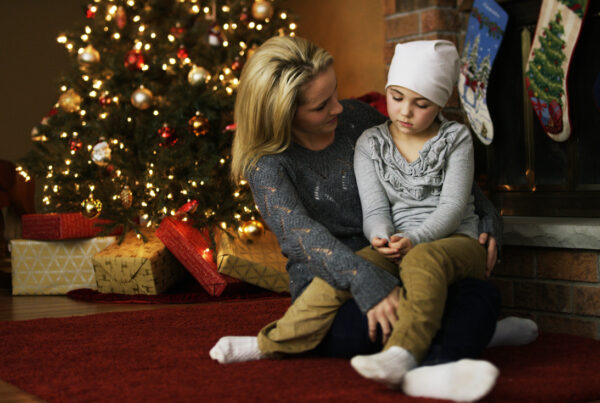by Dora Doss, M.S., SLP-CCC
“No significant learning happens without a significant relationship.” James Comer
OneOp’s 2017 webinar series, The Importance of Play could be summed up in one word, “relationship!” In this series, Dr. Kristie Pretti-Frontczak stressed the importance of fostering relationships through play. Her illustration of the toothpaste theory was insightful when we consider all the things we debate as providers – What type of assessment should we use? What should we include on the IFSP? How do I include parents during the home visit? Should we take toys along during home visits? All of these are important ingredients to consider but none of them matter if we do not situate them within the context of building and supporting the relationship between the caregiver and the child.
Relationships begin between the caregiver and child; then as the child grows, these relationships expand to include peers and others in their environment. In early intervention, significant relationships can be developed through play and caregiver coaching. Kristie challenged providers to grow in their own play skills while supporting military families to encourage and deepen their relationship with their children. In this series, Kristie highlighted how this is possible and that it can be done while targeting specific developmental skills within our respective disciplines.
When a caregiver talks to an infant, reads a book to a toddler, or plays pretend with a preschooler; language is being used. Language [1] is the comprehension and/or use of a spoken, written, and/or other communication symbol system[1]. Language is the means children use to indicate their wants and needs. Language, whether spoken, written, or symbolic, is the way we all communicate in order to build relationships with those in our family and community.
Keeping this relationship in mind within the military family context, providers need to recognize both the strengths military families bring and stressors they experience that could affect this relationship. When children’s development do not follow the typical pattern, it can be especially stressful for the caregivers. This affects both the relationship between caregiver and child and the relationship among adult caregivers in the home environment. Building on caregiver strengths can alleviate stressors and at the same time, help children further develop their language and other developmental skills.
Developing language and communication skills are critical as a children use them to let caregivers know what they need and what is important to them. Relationships are built on connections, which are made through language and communication.
As providers, we are charged with building collaborative relationships with children and families, supporting child-caregiver relationships, and facilitating children’s developmental growth. With the intersection of these two topics, we are reminded that the use of play to create embedded learning opportunities with familiar people and things creates the dynamic for language development within the natural routine. Through natural routines and caregiver collaboration, we can better provide language-building opportunities for families and enhance the quality of the caregiver and child’s relationship.
[1] Language In Brief. (n.d.). Retrieved from https://www.asha.org/Practice-Portal/Clinical-Topics/Spoken-Language-Disorders/Language-In–Brief/
Image from Pixabay.com, CC0













